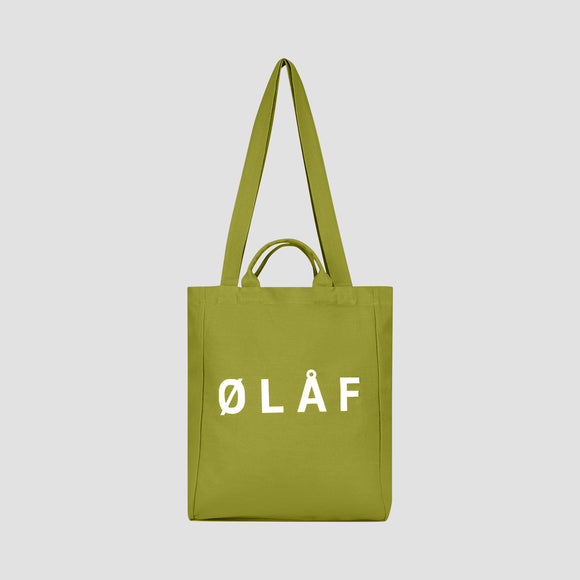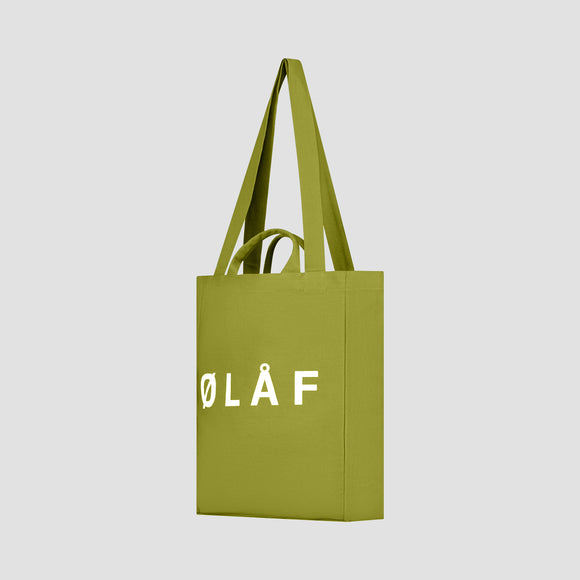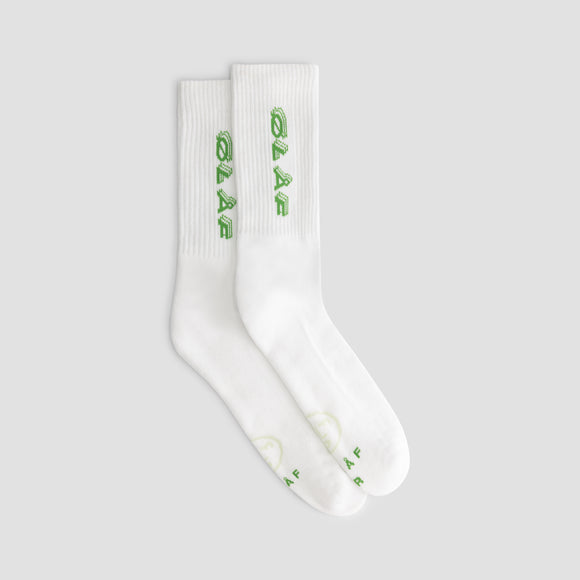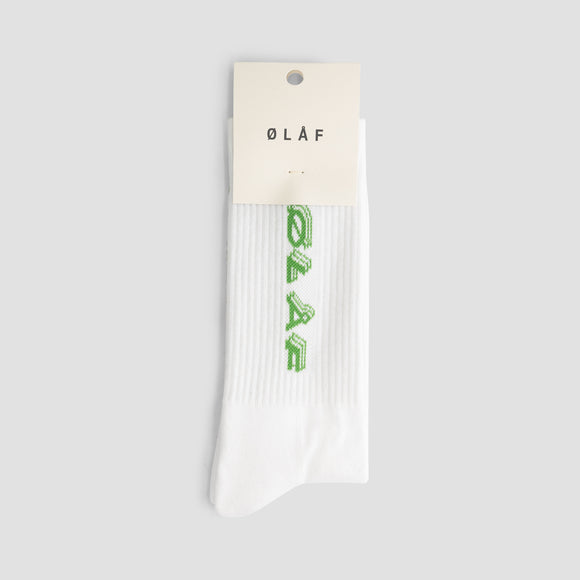Hi Gunifort, you've been friends with our founder Olaf Hussein for a long time, how did that come about?
Fifteen years ago, I was working for a denim brand called Blue Blood, in their store in my hometown. One day this very stylish guy walked into the store and purchased a couple of items. We had some good banter and that was it. Then I saw him a second time at a Pharrell Williams concert here in Amsterdam, where he actually went on stage because he used to wear a lot of Pharrell’s clothing brands back in the day. I recognised him and loved that he was so connected to what was happening internationally in fashion and culture. We became friends on Twitter and then when I came to Amsterdam to study, we properly linked up again and found ourselves in this friend group of like-minded guys with similar backgrounds.
You both work in creative fields too, how has the friendship shaped your work life?
I think Olaf and I have the most similar backgrounds in our friend group, to a certain degree. When he finished university, he worked in the corporate world for a big consulting firm and then made the transition into fashion basically from the ground up. I also have a very academic background in Finance and Information & Knowledge management. Olaf was one of my inspirations to make a similar move from corporate to creative. We’ve always been very close to each other not only on a personal level but also on a professional level.
I recently found these photos from 2013-2016 of some of the first trips he made to Portugal to start production. I was going with him as a friend, a fitting model and as somebody to spar with. It’s been beautiful to see his development.





















